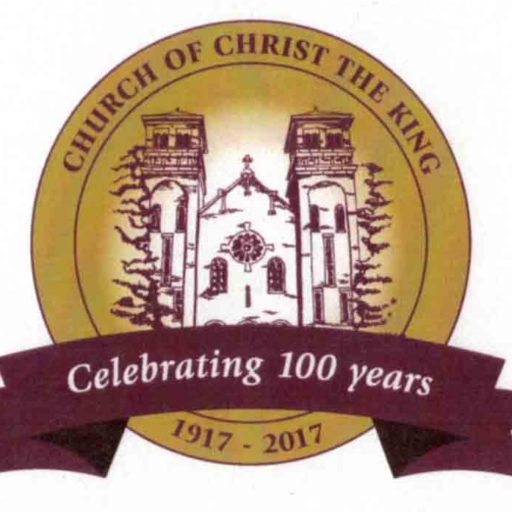Today we celebrate the Memorial of St. Francois de Laval. Francois de Laval and St. Marie of the Incarnation are our newest Canadian saints. Both were canonized by Pope Francis in 2014.
Francois de Laval was born in France in 1623 and came to New France in 1659. He was the first Bishop of New France (modern-day Canada). His diocesan territory stretched from parts of modern-day Manitoba in the West to Acadia (modern-day New Brunswick and Nova Scotia) in the East; from the Arctic in the North to Louisiana in the South. This territory was larger than Europe. As you can tell, the current diocese of Sault Ste. Marie was part of Bishop Laval’s diocese.
As the Living with Christ missalette points out (May 2020), Francois was an outstanding educator and administrator, a caring bishop who was devoted to the poor and a pious man whose spiritual influence was widespread. He well deserved his title “Pere de la Patrie” (Father of the Homeland). Saint Francois de Laval is the patron of the Bishops of Canada.
This man who lived and died over 300 years ago can be a spiritual role model for us in 3 areas. The 3 areas I would like to address are mentioned in the 1st Reading.
The 1st area is summarized by these words from the 1st Reading: “I solemnly urge you: proclaim the message, do the work of an evangelist”. Laval was committed to evangelization, to spreading the joy of the Gospel.
Laval worked tirelessly to build up the infant church on Canadian soil. He was the Bishop of the Diocese for 25 years. Upon his retirement in 1684, the number of parishes had increased from 5 to 35, the number of priests from 25 to 102, the number of women religious from 32 to 97. 13 of these priests and 50 of these women religious were Canadian born.
When he died at the age of 85 in 1708, he was buried in the Cathedral-Basilica of Notre-Dame de Quebec, the 1st parish church of New France. It is fitting that this church celebrated its 350th anniversary in 2014, the year of Laval’s canonization.
Laval is a role model of Christian living for all of us. By our Baptism, we, too have been called to be missionaries and to proclaim the values of the Gospel in our homes, parishes, our neighborhoods, places of work and places of recreation.
The 2nd area in which Laval’s spirituality can inspire us is summarized by these words from the 1st Reading: “convince, rebuke, and encourage, with the utmost patience in teaching”. Laval was committed to education, particularly Catholic education.
In 1663, in order to supply priests for his vast diocese, he founded the Seminary of Quebec – today Laval University. He also established a minor seminary and an industrial school.
Laval’s life is an inspiration for all of us. Part of the mission of the church is outreach to Catholic schools. It is providential that we are celebrating this feast during Catholic Education Week in Ontario.
I know there are many challenges in our Catholic schools today. They are not perfect. But, there are also many opportunities. As the Assembly of Catholic bishops of Ontario’s Pastoral letter for Catholic Education, Renewing the Promise, states: “Catholic schools are privileged places, together with the family and the parish community, where our faith is handed on”. The invitation today is to discover what Bishop Laval discovered: Catholic education is a gift that is an important tool for evangelization.
The 3rd area in which Bishop Laval is a role model of faith is summarized by these words from the 1st Reading: “carry out your ministry fully”. Laval is admired for his pastoral work among the Aboriginal Peoples and the settlers of New France.
He vigorously defended Native People from being exploited by merchants and governors through the sale of alcohol. He condemned this business practice, which yielded high profits at the expense of damaged lives, violence and misery.
Laval gives us an example of Christian witness that is applicable in our day for our relationship with our Indigenous brothers and sisters. As the Truth and Reconciliation Commission points out, it is important to acknowledge the hurts and injustices of the past. But it is equally important for both indigenous and non-indigenous people to move forward by working together to create a future that respects and reverences the contributions that each culture brings to our country.
As our Mass continues, let us ask for St. Francois de Laval’s intercession in 3 areas of our lives. First, let us ask his help to accept our mission to spread the good news of the Gospel by the way we live. Second, let us ask his help in supporting and encouraging Catholic Education in our province, our diocese and our city. Third, let us ask his help in building collaborative relationships between indigenous and non-indigenous people so that we may love and serve each other as the one shepherd of the one flock would want us to do.
Amen.
Deacon Roland Muzzatti
May 6, 2020
